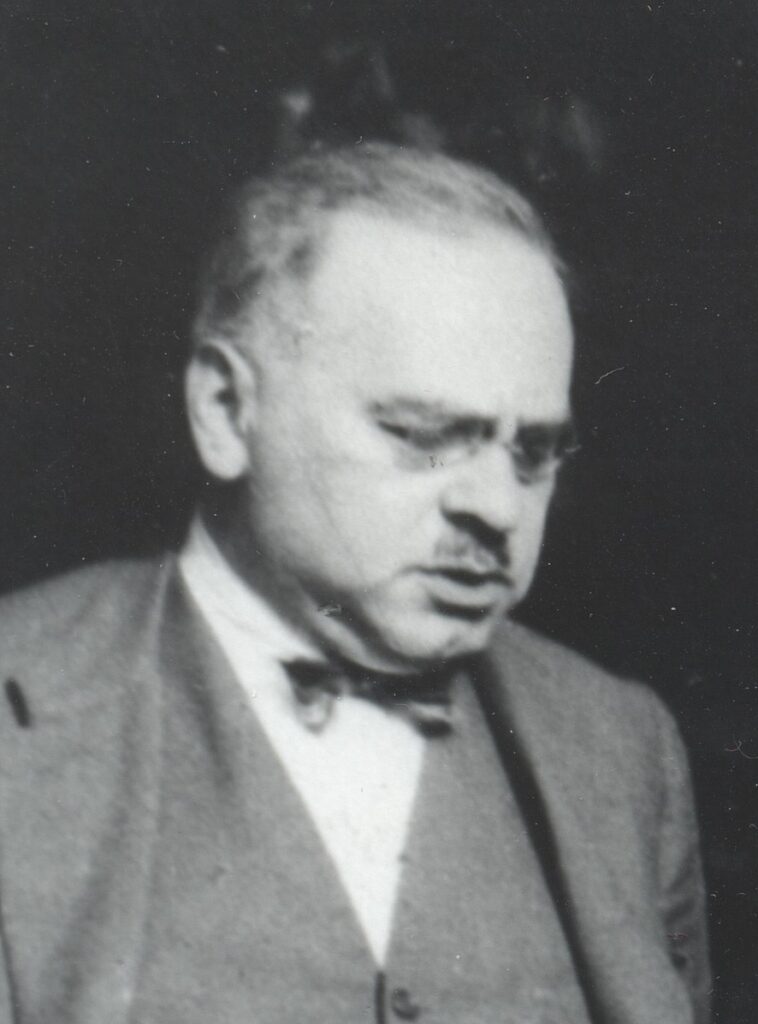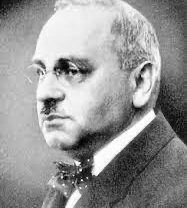The life and contributions of Alfred Adler: an in-depth look at the psychology pioneer
Alfred Adler is one of the foremost pioneers of depth psychology, known for his Individual Psychotherapy, which sought to understand individuals in the context of larger social forces. Born in 1870 and dying in 1937, Adler left a long-standing legacy in psychology that continues to influence and shape the field today. In this article, we will explore Adler’s life, his most influential contributions to psychology and the lasting relevance of his work.
Alfred Adler: Life and Background
Alfred Adler was born in Penzing, Austria to a wealthy family. His father, a civil engineer, and his mother, a housewife, raised Adler in privileged conditions.
Tragedy struck Adler’s family when his mother died when he was only 3 and his father remarried a strict, disciplinarian woman while Adler was still young.

Despite his grief and challenging family circumstances, Adler’s natural intellectual curiosity led to his pursuit and combination of two professions—engineering and medicine. After a successful academic career, Adler eventually abandoned engineering for medicine and developed a keen interest in pathologies and mental health. His experience as a doctor prepared him to address the individual from a wider perspective that took into account their social environment.
Adler’s Theories
Adler initially studied and worked with Sigmund Freud, however, he gradually developed and formed his own school of thought known as Individual Psychology. He focused on individual autonomy, striving for superiority and taking responsibility for one’s own life instead of succumbing to fate or external forces—which resulted in his theories on the inferiority feeling and inferiority complex. Adler believed that feelings of inferiority, or lack of self-esteem, had a major influence on the development of one’s personality.
Adler valued equality and civil rights, as well as focusing on prevention rather than treating symptoms alone. He shifted emphasis away from dream interpretation and focused on notions of self-esteem, empathy, purpose in life and social connectedness.

Adler’s Impact on Psychology
Adler’s influence on psychology has been global, impacting fields from psychotherapy to community psychology. It is widely accepted that his referral to birth order as an important determining factor impacted the field of psychology and he particularly shone a light on the link between inborn feelings of inferiority, childhood development and the formation of one’s personality.
Adler is widely respected for his contributions to psychoanalysis and for founding the school of thought known as individual psychology. He outlined the ways in which social factors and challenges should be considered when looking at mental health. The American Psychological Association acknowledges Adler’s ‘unique and original theoretical system’ as ‘a major shaper of psychoanalysis and other schools of psychotherapy’ and argued that Adler ‘played a crucial role in developing depth psychology.’
The Lasting Relevance of Adler’s Work
Adler’s work continues to be relevant in many ways today; firstly, his focus on non-traditional treatment models such as play, art and creative therapies has helped to expand the range of evidence-based treatments available to individuals in need. Additionally, his emphasis on focusing on potential rather than simply treating symptoms resonates deeply with mental health professionals and largely reframed the way psychotherapy is viewed. Further, his interest in understanding the underlying causes of stress and emotional disturbances led to an emphasis on preventative measures such as counselling, education and mentorship for the purchase of mental health.
Finally, Adler’s writings on the protection of civil liberties and the importance of democracy provide an invaluable link for addressing contemporary issues such as gender (in)equality and economic disparity.
Related: Adler’s work continues to be relevant inmany ways today; firstly, his focus onnon-traditional treatment models such asplay, art and creative therapies hashelped to expand the range of evidence-based treatments available to individualsin need.
The Enduring Legacy of Alfred Adler
In summary, Alfred Adler has had a tremendous impact on the field of psychology and continues to influence current psychoanalytic approaches. His deep compassion and interest in understanding the social and emotional forces that influence an individual’s development are a testament to his life-long commitment to helping others. Adler’s work has encouraged the exploration of creative, non-traditional treatments in psychotherapy, and the modern application of his insights has had a major influence on our understanding of contemporary mental health.






One Comment